
Semaglutide Shows Promise for Cutting Alcohol Use
Feb. 13, 2025 – For years, some people taking the drug semaglutide to treat diabetes or obesity have reported not only eating less, but drinking less alcohol.
The reports have prompted many to hope that GLP-1 medicines like Ozempic will add addiction treatment to their growing list of benefits.
Now, a controlled clinical trial shows that people who were considered by medical researchers to report signs of alcohol use disorder drank significantly less after taking semaglutide for two months, compared to people with similar alcohol habits who didn’t take the drug.
In a controlled experiment where people spent two hours in a monitored setting with access to alcohol, those who took semaglutide drank the equivalent of nearly two drinks less than those who had been taking a weekly injection of just a placebo. They were invited to drink their preferred alcoholic beverages and told to delay drinking if they wished.
The people in the semaglutide group also reported fewer weekly alcohol cravings, a lower average number of drinks on drinking days, and reductions in heavy drinking days, compared to the placebo group. The people who smoked cigarettes reported greater reductions in average cigarettes per day if they were in the semaglutide group, compared to placebo group members; although the number of people who smoked was small, so the results are less certain of being repeated among the broader population.
The study’s findings were published Wednesday in the journal JAMA Psychiatry.
“These data suggest the potential of semaglutide and similar drugs to fill an unmet need for the treatment of alcohol use disorder,” senior study author Klara Klein, MD, PhD, an assistant professor in the Division of Endocrinology and Metabolism at the University of North Carolina School of Medicine, said in a news release. “Larger and longer studies in broader populations are needed to fully understand the safety and efficacy in people with alcohol use disorder, but these initial findings are promising.”
The study included 48 people who were not seeking treatment for alcohol use disorder, but who met the criteria for the condition. On average, they were 40 years old and weighed around 200 pounds. Fourteen were men and 34 were women. They were recruited online or via public advertisements and were required to have reported the following:
- Women drank at least seven drinks weekly, and at least twice in the past month had four or more drinks on a single occasion.
- Men drank at least 14 drinks weekly, and at least twice in the past month had five or more drinks on a single occasion.
Half of the people were randomly assigned to take semaglutide for eight weeks, and the other people took a placebo.
Before and after the eight weeks, they spent 120 minutes in a monitored setting and were offered alcohol to drink, with the option to abstain. During the post-eight-week session, people who took semaglutide drank significantly less than people in the placebo group. Those in the placebo group drank on average 57 grams over two hours, and people in the semaglutide group drank on average 34 grams of alcohol.
The average Breathalyzer-measured breath alcohol concentration during the monitored post-treatment session reached 0.092 g/dL in the placebo group, and 0.052 g/dL in the semaglutide group.
The people in the semaglutide group lost on average 5% of their body weight, and people in the placebo group lost 0.2%. No serious adverse events were reported.
News in the same category


9 Reasons Why You Should Be Eating More Dates

14 Signs Your Blood Sugar Is Way Too High (And 14 Ways to Reduce It)

9 Early Signs of Diabetes You May Not Be Noticing
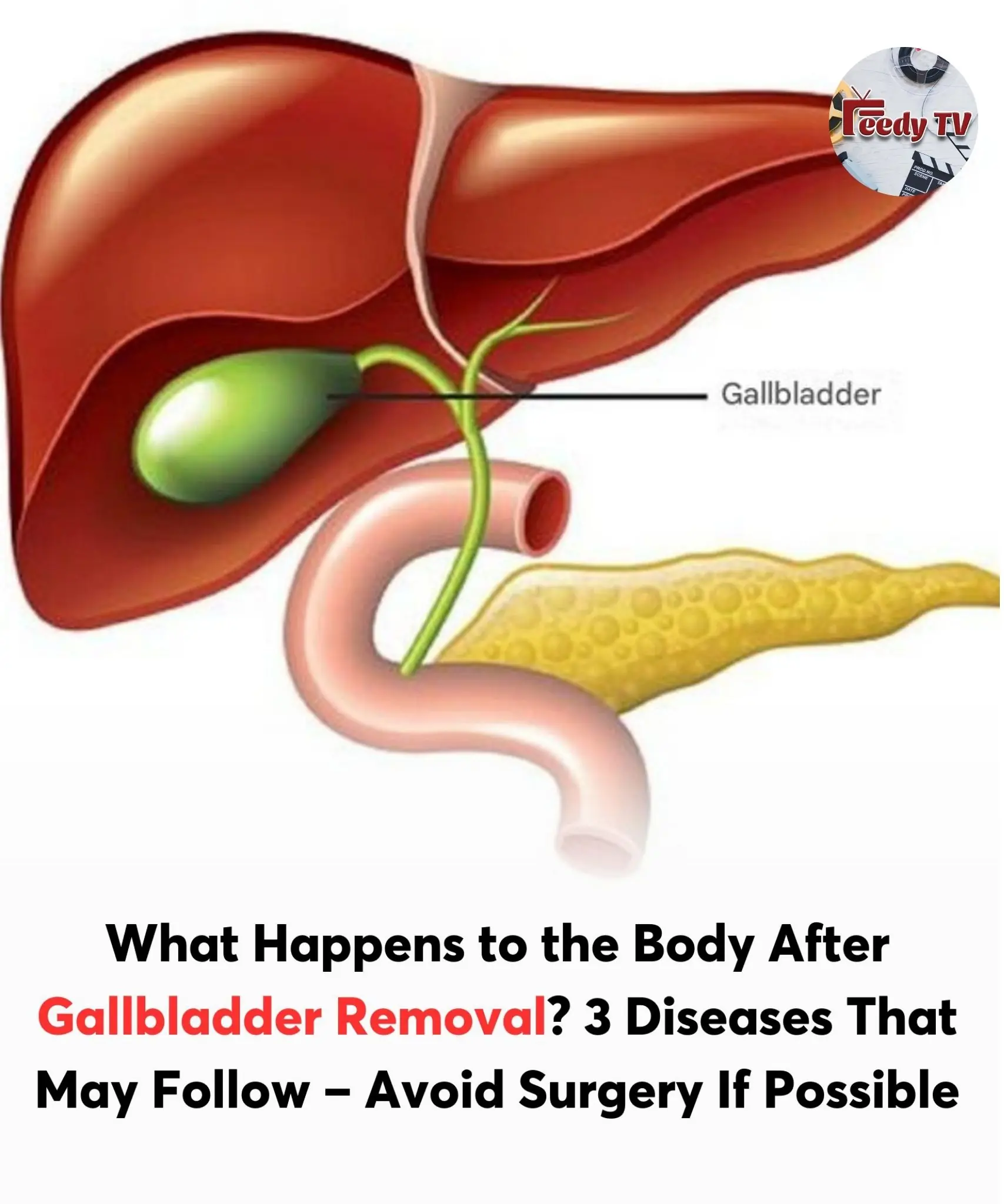
What Happens to the Body After Gallbladder Removal? 3 Diseases That May Follow – Avoid Surgery If Possible

Number of teeth is associated with facial size in humans

Opioids and Surgery: How to Know Your Usage Risk Going In

Specific Protein Found To Keep Cancer Cells Dormant: Study

Fighting fire with fire: could Salmonella treat bowel cancer?
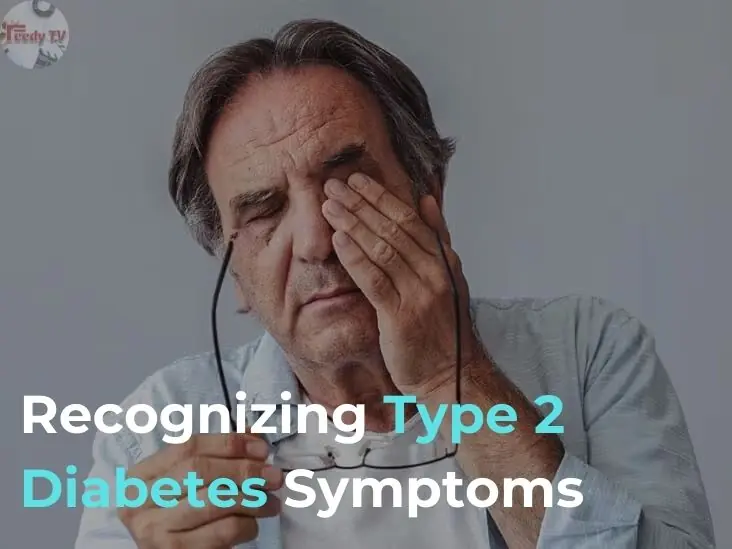
Recognizing Type 2 Diabetes Symptoms
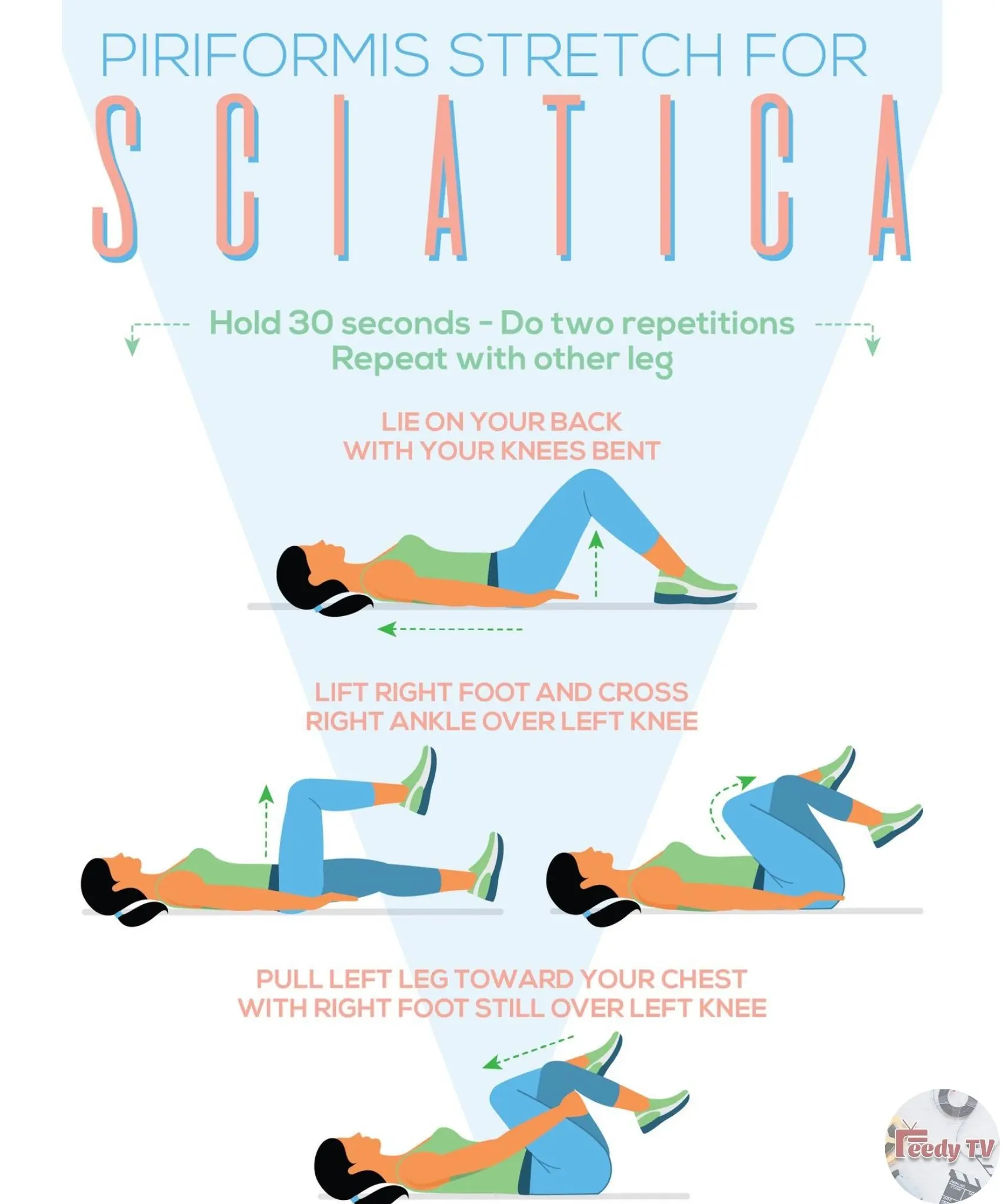
Slideshow: A Visual Guide to Sciatica
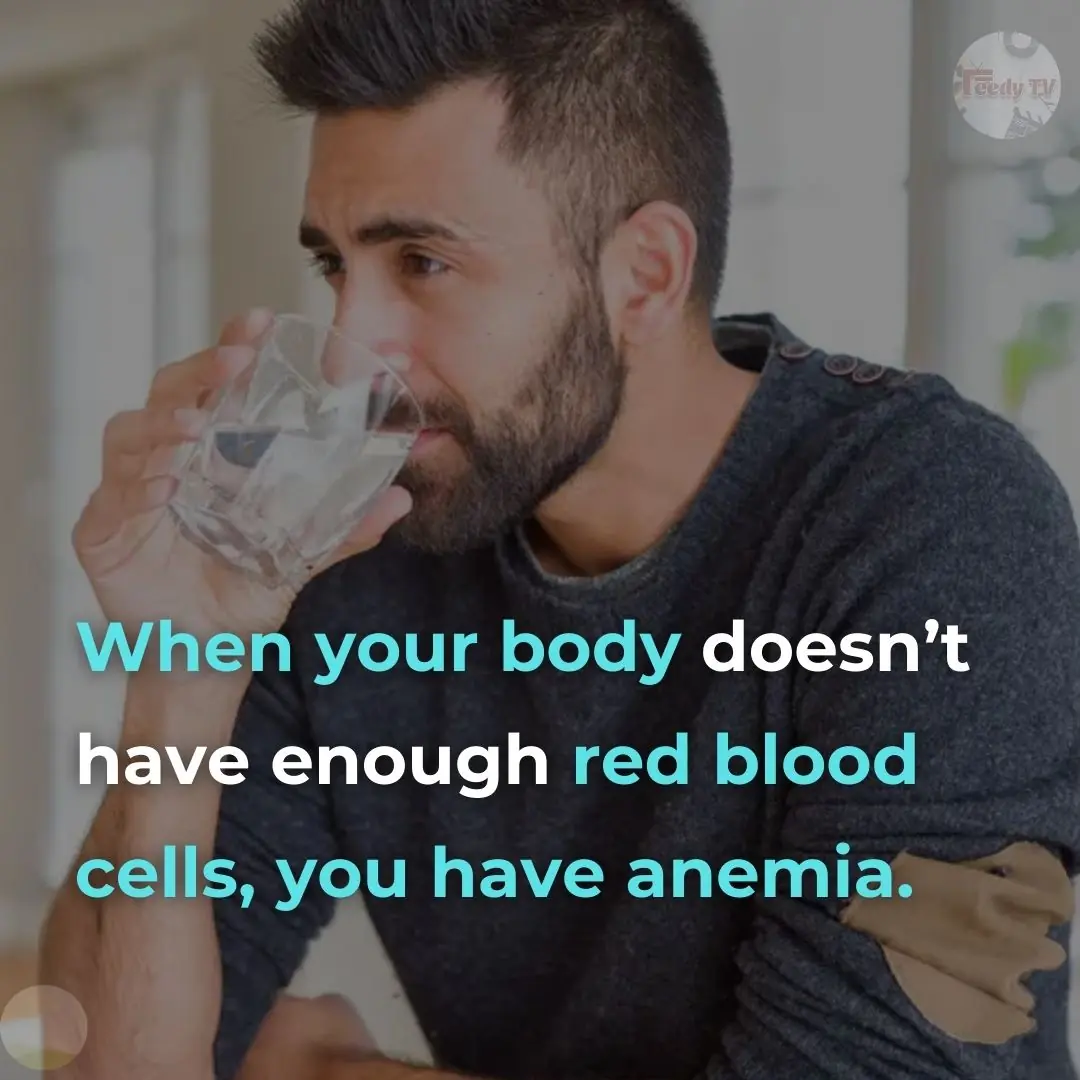
Why Am I Always Thirsty?

New Study Reveals Risks of Smoking Marijuana After 30

Doctor Warns: Popular Habit That Could Double Your Risk of a Heart Attack
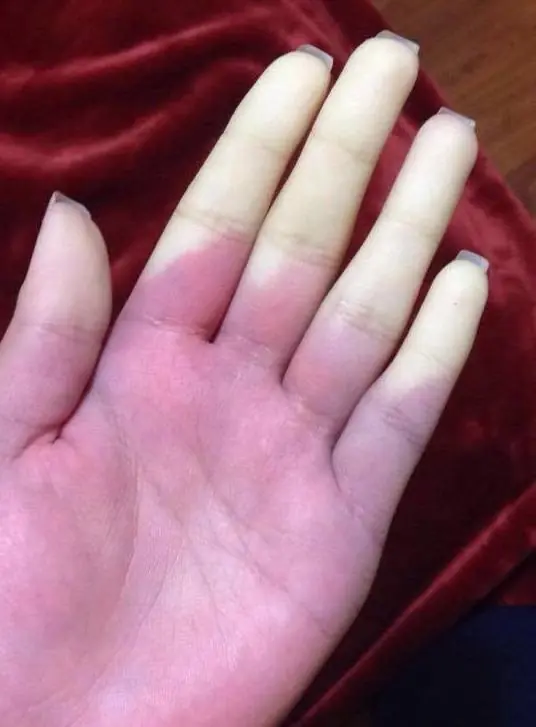
Raynaud’s Phenomenon: Why Fingers Turn White in the Cold

Heart Attack: Early Warning Signs

Nails: What Do They Reveal About Your Health

9 Foods to Limit If You Have Hypothyroidism

Jell-O is More Than a Dessert – It’s Good for Your Health Too
News Post

Two Years After My Husband's Death, I Finally Dared to Sort Through His Belongings in the Garage — What I Found Changed My Life

My 5-Year-Old Refused to Cut Her Hair, Saying, 'I Want My Real Daddy to Recognize Me When He Comes Back'

I Unexpectedly Saw My Husband in a Luxury Suit Leaving a Maternity Clinic with Two Babies in His Arms

My Ex-husband's Wife Threw My Daughter's Sewing Machine in the Pool – I Didn't Think Twice About Teaching Her a Lesson

Put this for 1 hour in your house, you will never see flies, mosquitoes or cockroaches again.

Scientists Show How Gratitude Literally Alters The Human Heart & Molecular Structure Of The Brain

Old Lonely Lady Receives Deliveries from Unknown Person Every Day, the Last Was a New Home – Story of the Day
A poor old lonely woman named Emma started receiving deliveries every day from an unknown source. She and her late husband never had children together, so she could not tell where these deliveries came from.

9 Reasons Why You Should Be Eating More Dates

14 Signs Your Blood Sugar Is Way Too High (And 14 Ways to Reduce It)

9 Early Signs of Diabetes You May Not Be Noticing

Dark Neck Home Remedies To Get Rid Of It

What Happens to the Body After Gallbladder Removal? 3 Diseases That May Follow – Avoid Surgery If Possible

Number of teeth is associated with facial size in humans
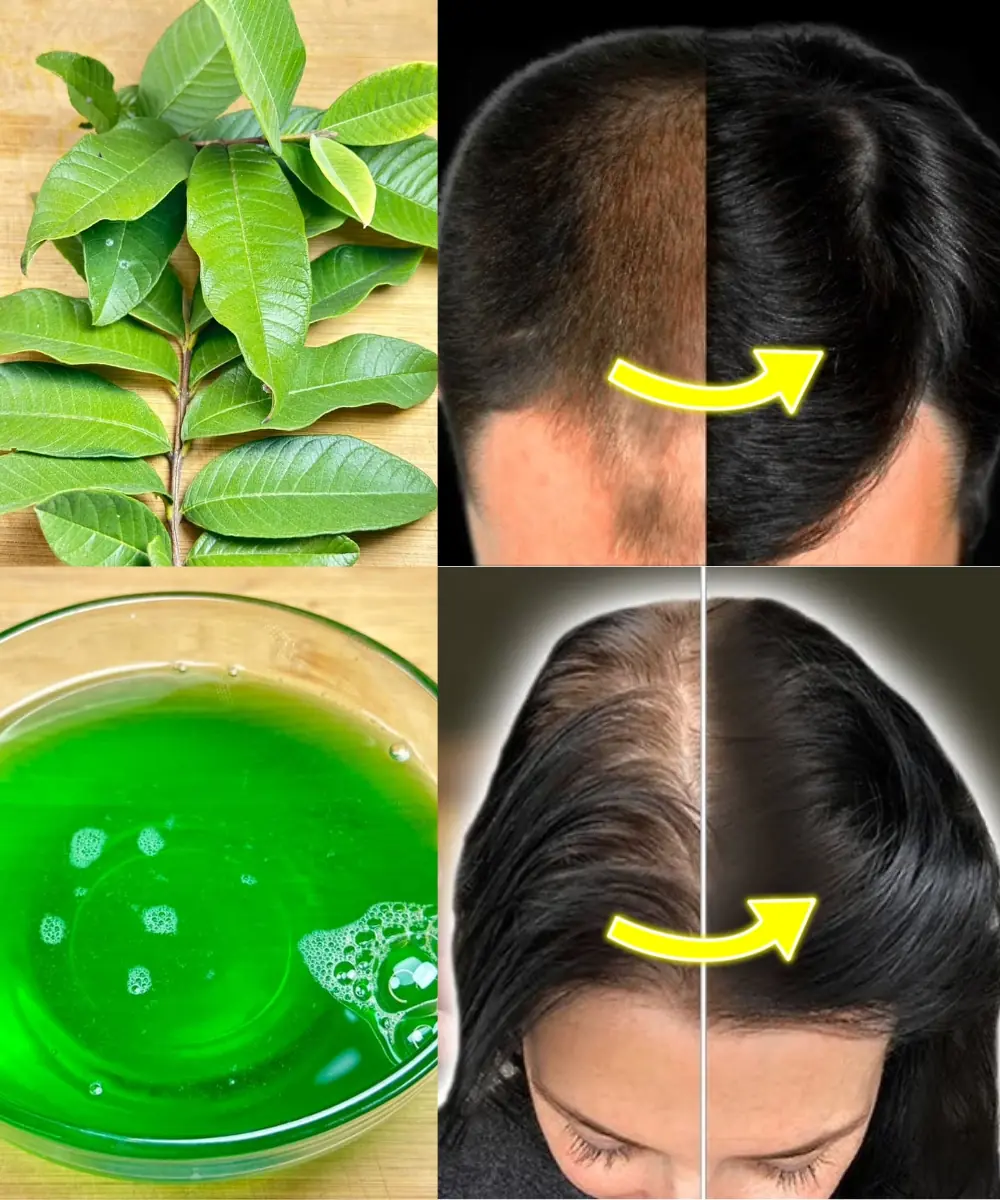
DIY Miracle Shampoo to Stop Hair Loss & Regrow Hair – Even on Bald Spots!

My Wife and I Went to an Orphanage to Adopt a Child and Found a Girl Who Is a Carbon Copy of Our Daughter
When my wife and I visited an orphanage to adopt, we never expected to meet a little girl who looked exactly like our daughter at home. The shock deepened when we discovered the unimaginable truth.

Opioids and Surgery: How to Know Your Usage Risk Going In

Want a Brighter Smile and Healthier Skin? Discover the Magic of Lemon Juice and Activated Charcoal

Make Your Own Cucumber Face Mask: 3 Tips For For Slowing Our Skin’s Aging Process

Celery and Lemon – The Dynamic Duo for Effective Weight Loss
